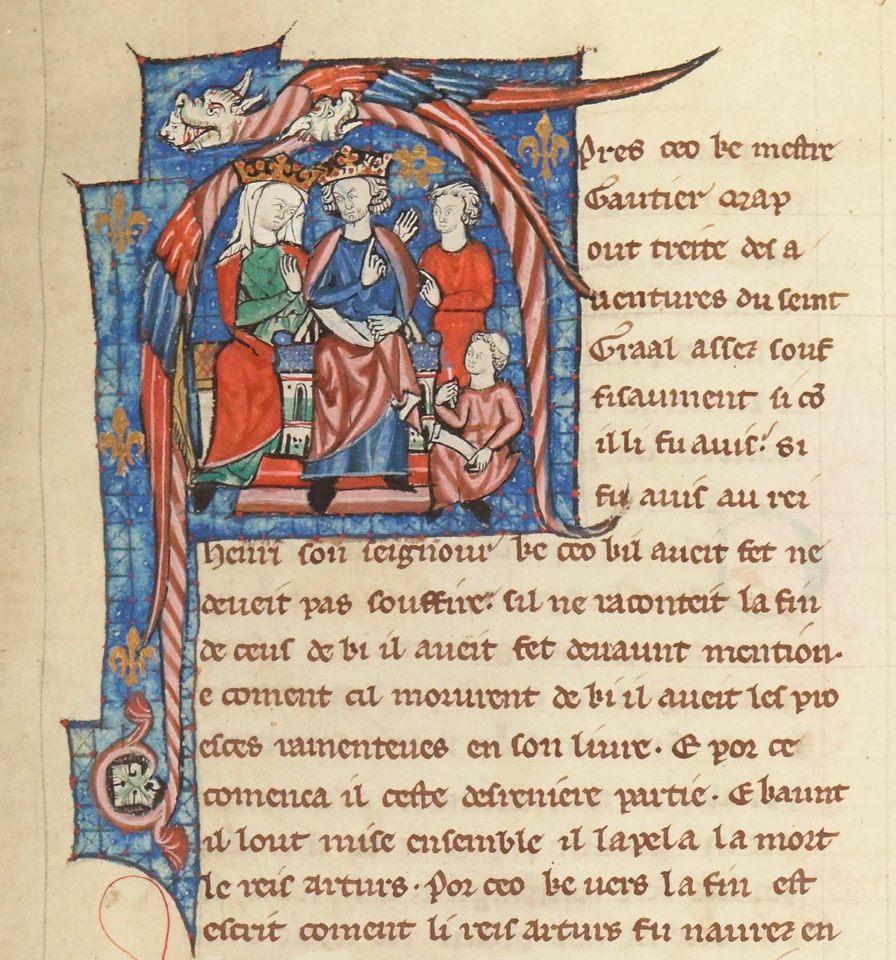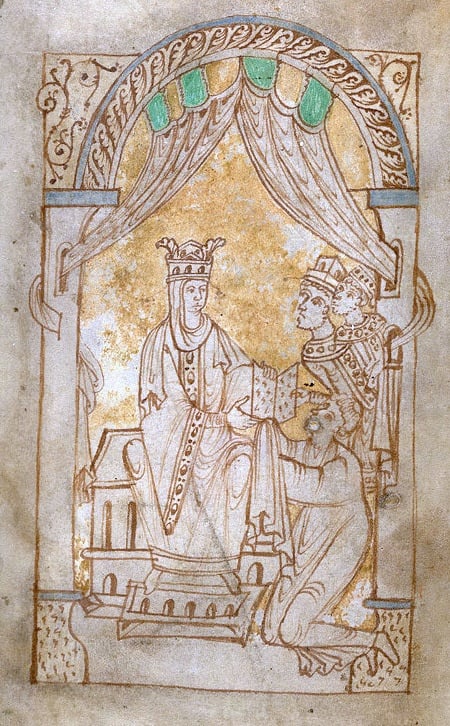Podcast: Play in new window | Download
In 1040, England once again had a new King. But England was finding Harthacnut a tough pill to swallow.

A Chronological History of Britain
Every episode of The British History Podcast that moves the story forward in a chronological way.

Podcast: Play in new window | Download
In 1040, England once again had a new King. But England was finding Harthacnut a tough pill to swallow.

Podcast: Play in new window | Download
Today’s story starts in 1039. It’s a big year, and a lot has happened to get us here. So let’s recap very quickly.
The death of Cnut caused a cascade of consequences that reached up to the tip of Scotland and even into the continent. It was an empire crumbling just as it had been born, and the kingdoms with in it (and neighboring it) were undergoing a rapid series of changes as Cnut’s empire came crashing down.

Podcast: Play in new window | Download
The early 11th century was an unlikely time of heroes. By heroes I unfortunately don’t mean people of good character and brave deeds, but just people who perform extraordinary feats for their time. One of these was the very first King of Wales, Gruffudd ap Llewelyn.

Podcast: Play in new window | Download
Here is the story of Macbeth. If you have just tuned into this episode because of the title, know that it is the second episode in a two-part series. You will want to go to the previous episode, Double Double Toil and Trouble, and listen to that first. There you will learn about the peculiar region that spawned this shadowy highland King.
Since some very angry people are accusing me of lying in my intro, here are my receipts.
I don’t lie. Furthermore, I was just explaining why the episode was delayed. These are all real things that have happened, they are having a real impact on the lives of the people who live in Portland, and if you feel attacked by this then maybe reassess who you’re aligned with.
Because this has been messed up.
And since I’ve had some people claim that BLM are the real problem… here’s something I wrote regarding the protests against police violence, and appalling degree of police violence the city has experienced as a result.
The issue is a lot more complicated than the soundbites you’re getting on cable news.

Podcast: Play in new window | Download
The Medieval chronicler, Adam of Bremen, was writing at around this point in history and among the many things he tells us he also includes how Cnut planned his almost empire. And Adam tells us that Cnut intended Sweyn to rule Norway, Harthacnut to rule Denmark, and Harold Harefoot to rule England.
And that might be true.

Podcast: Play in new window | Download
It was November 11 of 1035 and King Cnut was dead. He was buried at Winchester Cathedral.
Cnut, and likely the Court, seemed to anticipate his death. Possibly because he had been ill for some time. But the ruling classes of Europe were still completely unprepared for the chaos that followed.

Podcast: Play in new window | Download
We have another mystery on our hands. We have a missing year. And I don’t think it was because nothing was happening.

Podcast: Play in new window | Download
Europe was in chaos in the 1020s. Crises just kept coming, and the powerful were trying to capitalize on disorder. And in times like these, actions can have outsized impact, even the smaller ones.
For example, if you sat in Leicester during the 1020s, the last thing you would have been paying attention to would have been the spat between dukes in Northern France. And even further below the things your list of interests would have been one of those Dukes taking a mistress and having a bastard boy.

Podcast: Play in new window | Download
What we call history was, at one point, just current events. And world affairs never happen in a vacuum. It’s never just one thing happening after another… it’s a whole mesh of events that, while they might happen in their own sequences that look very much like just one thing happening after another, they’re actually interwoven with a massive web of other events (some seen and some unseen) that affect the outcomes of whatever was happening currently, and what could happen in the future.

Podcast: Play in new window | Download
It’s 1025 Cnut had a problem on his hands.
Barely a year after putting down Thorkell’s rebellion, Cnut was sailing for Denmark… again. To war, again.